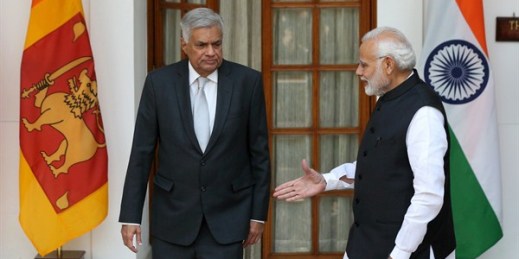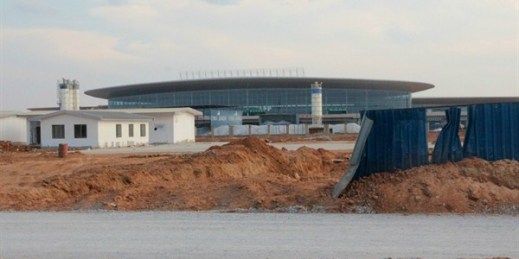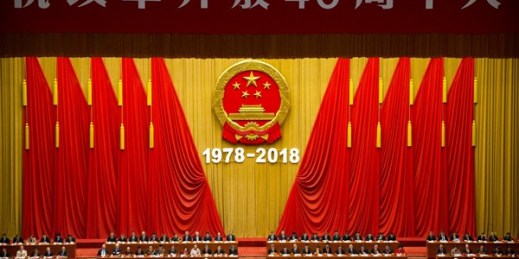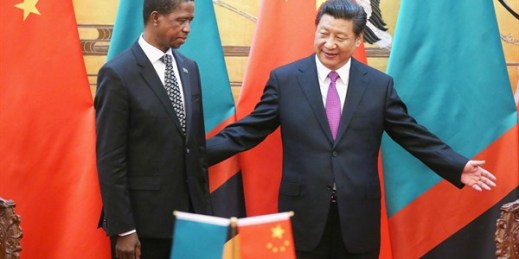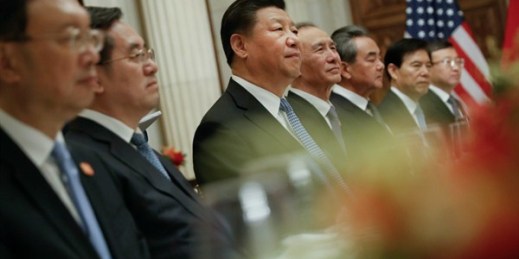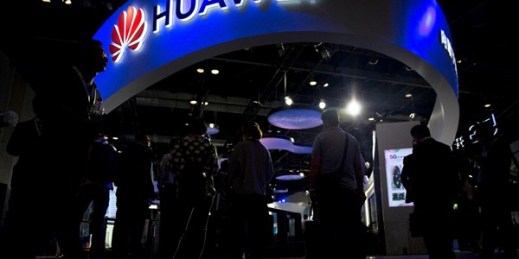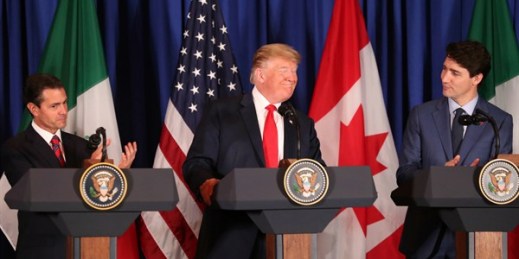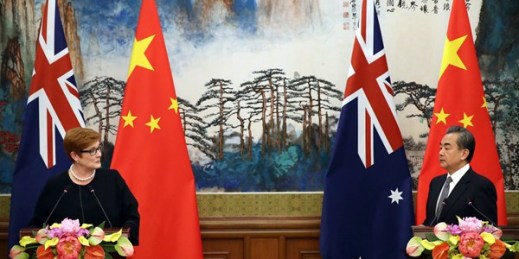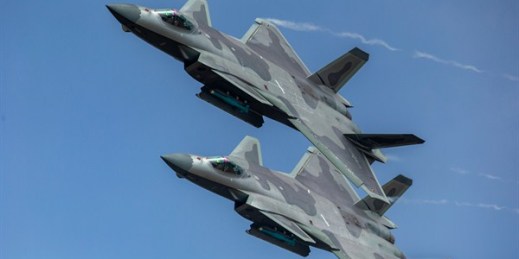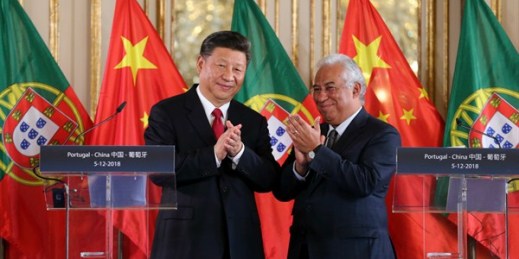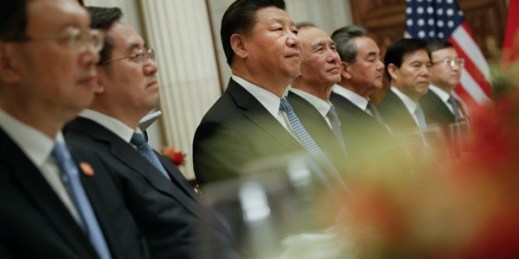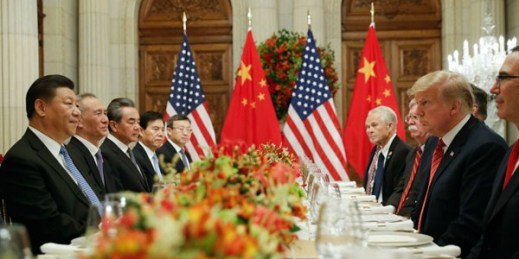
2019 has not begun, but it is already getting bad reviews. Economists fret about a recession. American commentators worry that President Donald J. Trump is increasingly erratic and unconstrained. Their European counterparts are bracing for a very hard Brexit indeed. Is the outlook for multilateral institutions equally bleak, or even worse? The United Nations and other international organizations face two major strategic challenges, plus multiple subsidiary crises, over the next year. The main challenges are an intensification of competition between the U.S. and China in multilateral forums, and a rapid deterioration of the once-sturdy nuclear arms control framework. These twin […]

